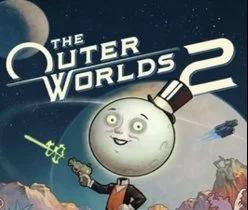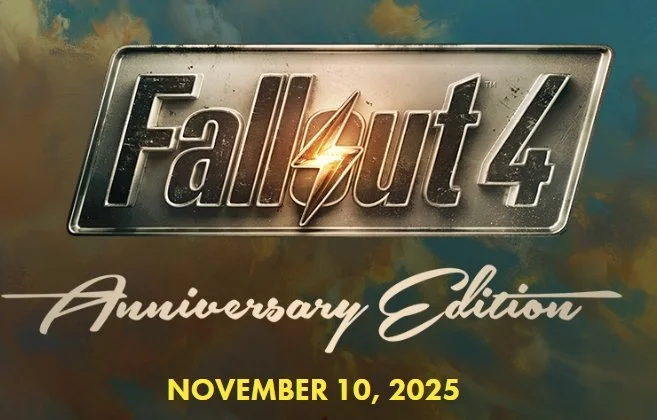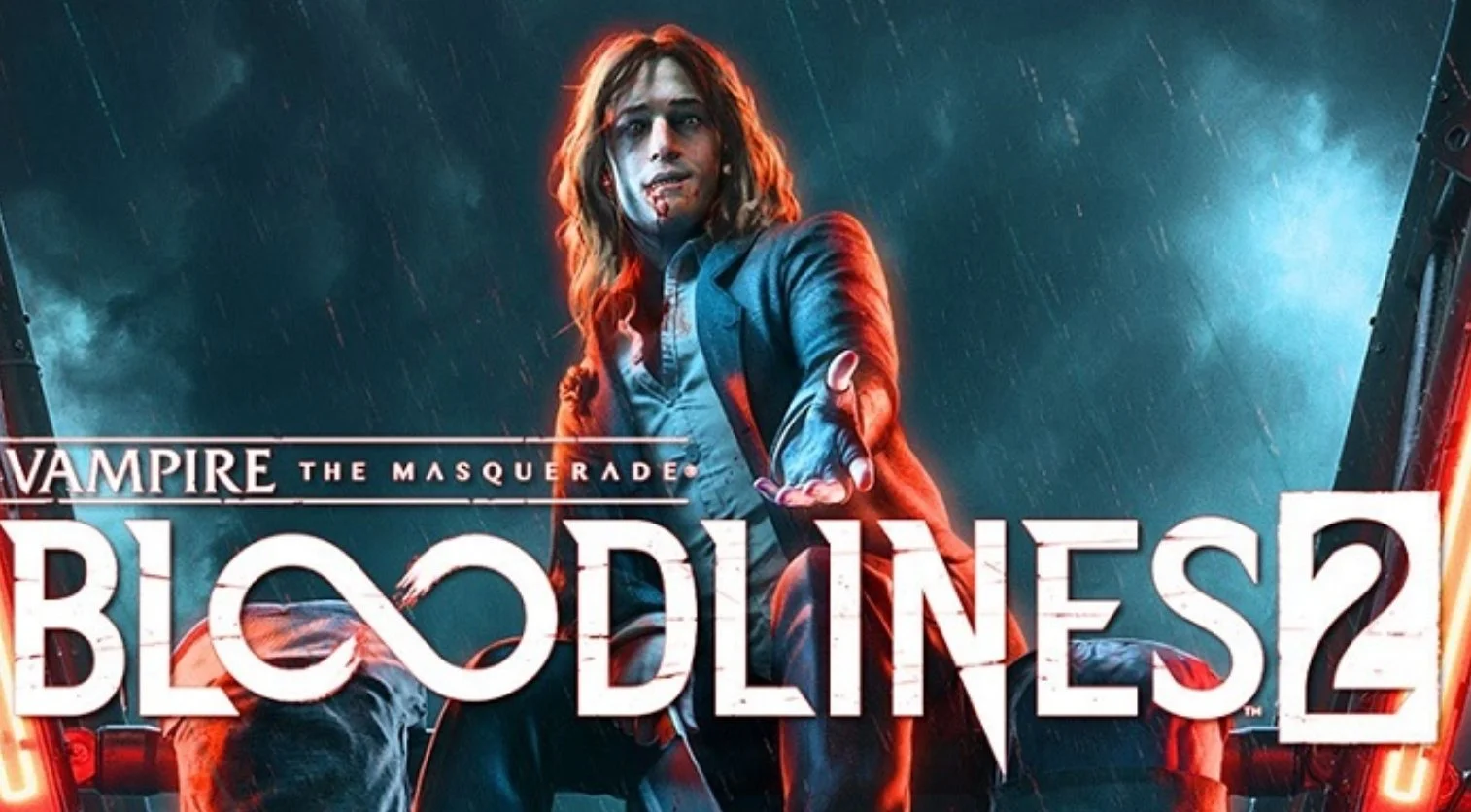The Outer Worlds 2: A Satire That Says Less Than It Thinks It Does
The Outer Worlds 2 arrives promising sharper satire, deeper political commentary, and a more psychologically complex set of characters. What it actually delivers is a game convinced of its own insight, repeating the same narrative beats so often that the intended critique collapses into formula. Obsidian’s sequel gestures toward corporate dystopia and authoritarian excess without having much new or meaningful to say about either.
SPOILERS WARNING for The Outer Worlds 2
Satire That Mistakes Volume for Depth
The original Outer Worlds relied on obvious, broad jokes about Space Capitalism™. The sequel proudly continues the tradition, but rather than refining the satire, it simply turns up the volume. Corporate mascots screaming propaganda, fascist governments openly advertising reeducation camps, corporations literally experimenting on workers: these are not pointed critiques so much as oversized caricatures that leave little room for interpretation.
The game constantly elbows the player with a kind of “see, capitalism bad and fascism bad, get it?” energy. But the satire never evolves beyond that surface-level point. The result is humor that is occasionally amusing but rarely incisive. By exaggerating every institution to cartoonish extremes, the game avoids engaging with the systems it mocks. It wants credit for commentary while refusing to do the hard work of actual critique.
Companions With Identical Arcs Wearing Different Costumes
The biggest disappointment is the companion writing. The game touts a morally diverse cast shaped by different ideological upbringings, yet every one of them ends up following the exact same three-beat arc:
“I believe in my faction.”
“Oh no, my faction has betrayed me.”
“I must carve my own path… by following the player instead.”
Every companion hits these notes with clockwork repetition. They come prepackaged with their trauma, their ideological branding, and their moment of revelation, none of which feel earned because the structure is so transparent.
Inez is betrayed by the corporation she worships, Tristan is betrayed by the authoritarian state he serves, Marisol is betrayed by her religion, Aza is betrayed by her cult, and so on. What should be personal, character-specific moments instead play like dramatic Mad Libs. Their factions betray them in spectacular but predictable ways, and then they all arrive at the same conclusion: follow the protagonist, because apparently that is the only route to personal agency.
Instead of exploring ideological nuance, these arcs reduce every worldview to a strawman waiting to be burned down in a tidy moment of revelation.
A Main Quest That Trips Over Its Themes Before Settling for a Cosmic Reset Button
The main story mirrors the companions’ structural problems, only on a grander and messier scale. Rather than building toward disillusionment, the game frontloads it. You are betrayed within the first mission, long before you have had any reason to invest in the factions or their ideological posturing. It is meant as a shocking hook, but it ends up flattening the entire narrative arc. There is no rise and fall, no gradual erosion of trust, only an immediate and all-encompassing sense that everyone is corrupt and no one can be trusted. This drains later betrayals of their impact.
Soon after, the Earth Directorate, the supposed “good guys” who sent you, is exposed as morally compromised. That could have been an opportunity for genuine ideological nuance. Instead, the game rushes through the reveal so quickly that it feels perfunctory. Another box is ticked. Another predictable beat in the formula appears: reveal betrayal, cue disillusionment, move on. Any chance to explore what this corruption means for the player, for the colony, or for the broader conflict is simply bypassed.
Midway through, the game abandons its ideological exploration entirely. The corporate versus authoritarian versus collectivist conflict quietly takes a backseat, replaced by a refocus to the universe-ending dimensional rifts. The Protectorate becomes the sole uncomplicated villain. The factions lose whatever thematic function they once had. The story retreats into the safest stakes imaginable: only you can save reality. The broader commentary is not resolved; it is simply drowned in cosmic spectacle.
Ironically, it is in the final 30 minutes, after nearly two dozen hours of tonal wobbling and shallow world-building, that the narrative finally clicks into place. Once the game stops pretending it is delivering profound commentary on capitalism or authoritarianism and simply focuses on a clear, urgent problem, the story suddenly gains momentum. The pacing tightens. The motivations make sense. The emotional beats finally land. For a brief window, it becomes the game it seemed to want to be.
This moment of clarity only throws the preceding hours into sharper relief. The main quest does not develop its themes so much as flee from them, abandoning its ideological ambitions for a sky beam crisis that, while effective, renders most of the setup hollow. The ending proves the writers can deliver a compelling narrative. They simply wait until the credits are nearly rolling to do it.
Choice Without Insight
Obsidian’s trademark branching dialogue and player agency are present, but because the ideological framework is shallow, the choices rarely feel as meaningful as they appear. Companions can leave you. Conflicts can be resolved violently or diplomatically. Yet when every faction is equally cartoonish and every ideology equally flimsy, the consequences of your decisions feel more like mechanical outcomes than ethical dilemmas.
The game clearly wants to evoke the introspection of something like Disco Elysium, but the writing does not support it. Every theme is stated outright. Every idea is underlined twice and then highlighted. The experience feels dictated rather than discovered.
Simply Put: Ambition Without Substance
The Outer Worlds 2 is a game filled with themes such as capitalism, fascism, propaganda, agency, and identity, but it rarely goes beyond stating them. Its satire is too blunt to cut, its characters too formulaic to resonate, and its central conflict too straightforward to provoke real reflection.
It is not without charm. The humor occasionally lands, and the world is colorful and energetic. But the sequel confuses volume with depth, and in doing so, it undercuts the very ideas it tries to champion.
The result is a game that desperately wants to say something profound, yet keeps repeating the same hollow message: everyone is wrong until they meet you.






Examine how Cyberpunk 2077 redefines identity theft in the context of consciousness transfer, exploring the deep psychological implications of losing control over one's self in a digital era.